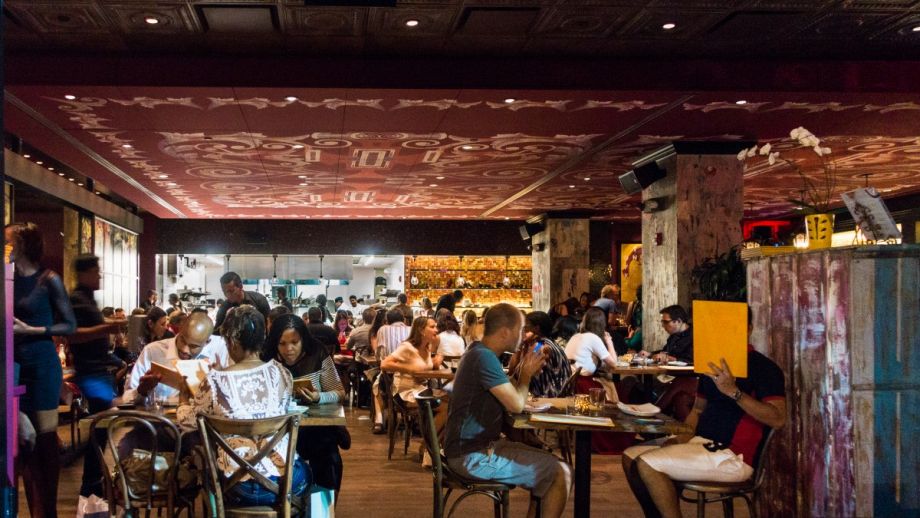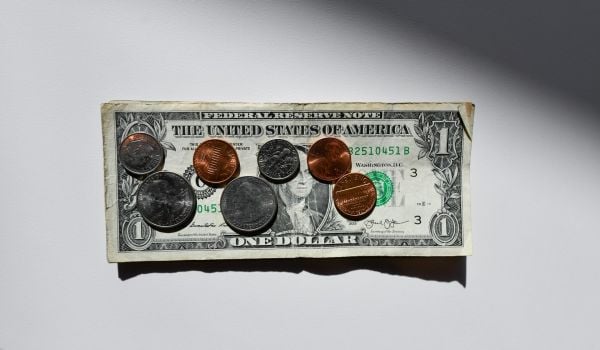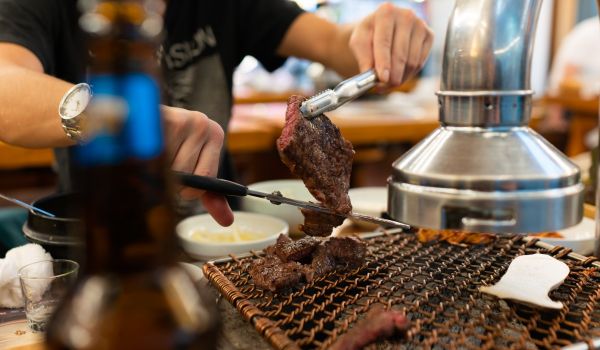D.C. voters approved a ballot initiative to end the two-tiered wage system for tipped workers Tuesday.
The Washington Business Journal reports that Initiative 77 passed 55 to 45 percent in the low-turnout primary election. If it is enacted into law (the measure can be amended by the D.C. Council, then must be sent to Congress for review, as with all District laws), tipped workers at restaurants and in other industries must receive the full minimum wage from their employer, rather than being legally allowed to make some of their wages in tips.
Currently, the tipped minimum wage in the District is $3.33, and the non-tipped minimum wage is $12.50, set to rise to $15 by 2020. Tipped workers at restaurants are paid $3.33 an hour by their employer, and if they do not make at least $12.50 an hour after including tips, the employer must make up the difference. After Initiative 77 becomes law, tipped workers will instead see gradual raises in the tipped minimum wage until it reaches $15 by 2025, Vox reports; by 2026, the minimum wage will be the same for all workers.
“Having employers pay their workers is the right thing to do,” Diana Ramirez, director of the Restaurant Opportunities Center (ROC) of D.C., told the Associated Press after the vote. Restaurant Opportunities Center United, based in New York, advocates for workers’ rights and helped get the initiative on the ballot.
But many restaurant workers openly opposed the initiative, saying that the higher costs to restaurant owners might put many of them out of business (and workers out of jobs). They also argued that higher costs passed on to consumers might reduce tipping from diners. According to data on state-by-state tip rates from credit-card processor Square, customers in D.C. are already the second-stingiest tippers in the nation, second only to Hawaii. It was the fear of reduced tips that led restaurant employees in Hawaii to ask the state legislature to reverse a similar referendum that would have ended the tip credit there.
The Restaurant Opportunities Center says those fears are overblown. Seven states have already eliminated the tipped sub-minimum wage, and recent research, Vox says, shows that restaurant workers in those states have benefitted. Tipped workers in states with a tip credit experience poverty at twice the rate of nontipped workers, according to Yannet Lathrop, a policy analyst with the National Employment Law Project, speaking to Vox. ROC and others, such as now-defeated council chair candidate Ed Lazere, say that a big incentive behind the initiative is to support “immigrants and people of color who may not know their rights,” exactly the same demographic who might refrain from speaking up because of fears of retaliation or language-barrier issues.
ROC calls the current system, where employers are required to make up the difference when a worker does not make minimum wage with their base wage plus tips, “largely unenforceable,” reports the Washington City Paper, pointing to a two-year U.S. Department of Labor study in 2012 that looked at nearly 9,000 investigations at full-service restaurants nationwide and found an 84 percent noncompliance rate with wage laws.
In D.C., however, it was hard to find tipped workers who supported the measure, said the City Paper; some even pinned “Save Our Tips” buttons to their uniforms and work clothes in the days before the vote.
For now, no one is exactly sure how things will play out in the District. The majority of the D.C. Council is against the initiative, as is Mayor Muriel Bowser, the Washingtonian reports. The D.C. Council could simply reverse the voters’ decision, and the Restaurant Association of Metropolitan Washington plans to “immediately begin discussions with District elected officials” to do just that, the City Paper reports. What’s clear is that this is not the end of the road for the issue.

Rachel Kaufman is Next City's senior editor, responsible for our daily journalism. She was a longtime Next City freelance writer and editor before coming on staff full-time. She has covered transportation, sustainability, science and tech. Her writing has appeared in Inc., National Geographic News, Scientific American and other outlets.
Follow Rachel .(JavaScript must be enabled to view this email address)


_600_350_80_s_c1.jpg)













